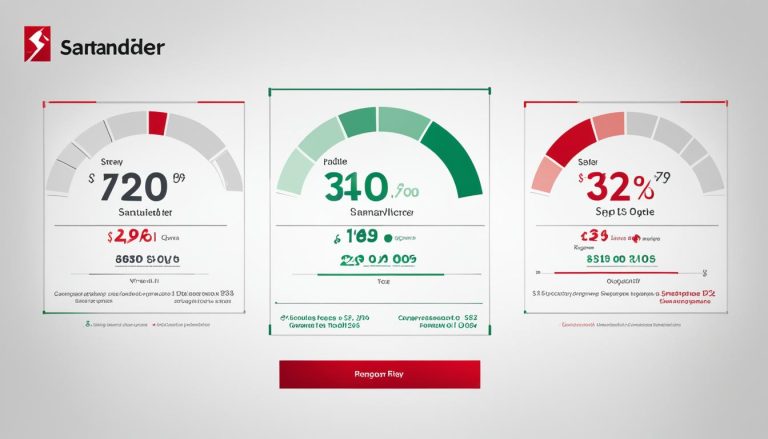Mortgage broker networks play a vital role in shaping how the UK’s mortgage market operates. These networks act as structured frameworks that support independent mortgage brokers by offering access to lenders, compliance systems, training, and technology. Instead of brokers working in isolation, they align with networks that provide both commercial leverage and operational guidance.
Joining a network can significantly enhance a broker’s ability to serve clients effectively, offering access to exclusive products, shared marketing support, and consistent regulatory oversight. These networks provide the operational backbone that allows brokers to focus more on client relationships and less on backend logistics.
In an increasingly complex mortgage environment, where speed and accuracy are essential, this support helps brokers concentrate on delivering clear, personalised advice tailored to each client’s needs and financial goals.
Why Brokers Join Networks?
The UK’s financial regulation landscape, led by the Financial Conduct Authority (FCA), demands strict adherence to compliance and transparency. For independent brokers, staying on top of evolving regulations, maintaining audit trails, and navigating annual reviews can become a full-time job.

Broker networks remove much of that burden through centralised compliance frameworks, real-time guidance, professional indemnity coverage, and document auditing support that keeps advisers within regulatory boundaries without overwhelming them.
Networks also negotiate preferred partnerships with a wide range of lenders, giving their members access to exclusive rates, product criteria flexibility, and underwriter relationships that may not be available to brokers working solo.
This translates to better, more competitive options for clients, often with quicker turnaround times and fewer application hurdles. For brokers, this means they can meet client expectations more efficiently while offering more value at every stage of the process.
Network Culture: Collaboration and Independence
Each mortgage network operates with its own cultural identity and leadership philosophy. Some lean toward high-growth, performance-driven models; others prioritise adviser wellbeing, mentorship, and long-term development.
While brokers retain their independence, often trading under their own brands and maintaining client autonomy, they benefit from being part of a wider community that shares knowledge, benchmarks performance, and encourages professional development through coaching and peer collaboration.
Events, peer groups, and regular forums often form a key part of network life, creating an ecosystem where brokers learn from each other’s experience, celebrate successes, and stay informed on lender trends, product innovation, and regulatory updates. The shared culture helps foster a sense of belonging without restricting a broker’s entrepreneurial spirit.
Technology as an Enabler
Mortgage broker networks are also heavily invested in technology. From digital onboarding portals, identity verification tools, and document collection systems to CRM platforms, sourcing software, and pipeline management dashboards, networks provide brokers with tech stacks that would be too costly or time-intensive to build and maintain independently.

This technology improves turnaround time, reduces administrative error, supports real-time compliance tracking, and provides data insights that help brokers better understand their client base and optimise their workflows. With digital expectations rising among consumers, these tools allow brokers to deliver a seamless client experience while maintaining the human, advice-led service model that remains the cornerstone of mortgage broking.
Looking Ahead
The role of mortgage broker networks in the UK will only grow in importance as regulation, consumer expectations, and technology continue to evolve. For brokers, choosing the right network is about more than just access to products: it’s about cultural fit, operational support, shared values, and long-term strategic alignment. A good network can become a long-term partner in both compliance and growth.
For clients, working with a broker who is backed by a reputable network can offer reassurance, faster processing, broader product access, and an overall smoother experience.
As the industry moves forward, the networks that successfully blend robust infrastructure with flexibility and innovation, while keeping the adviser-client relationship at the core, will be the ones that define the future of UK mortgage distribution.






